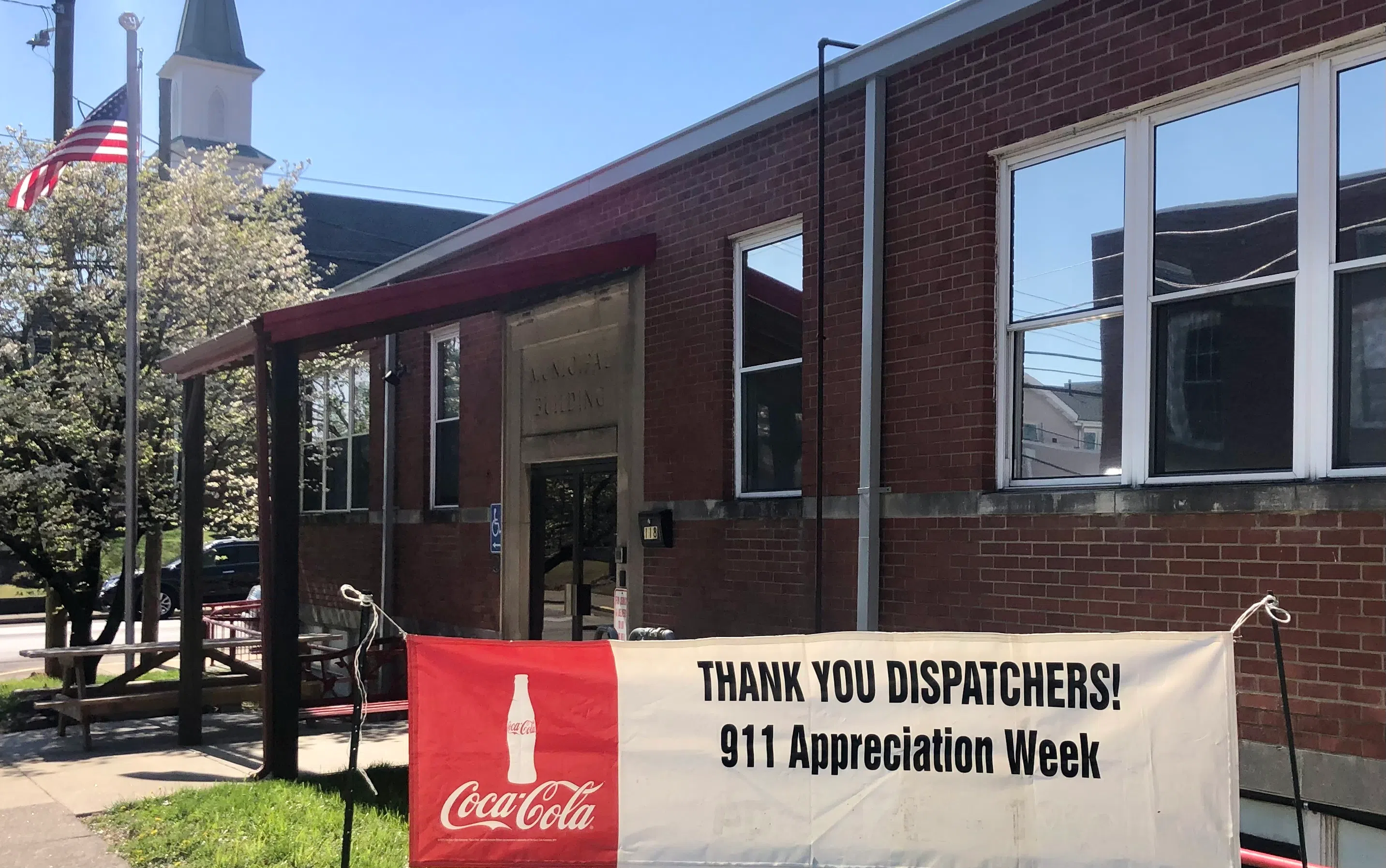By GAGE WILSON
for Glasgow News 1
Before emergency crews arrive on scene, someone has already answered the call — gathering details, calming panic, and directing help where it’s needed most.
This week marks National Public Safety Telecommunicators Week, a time to recognize the vital role dispatchers play as the first link in the chain of emergency response. The week was officially recognized over 30 years ago.
April Dunbar is using the occasion to highlight her staff and reflect on how the center has changed in her 25 years with dispatch.
“It’s a chance for our dispatchers to be recognized for the work they do,” said the assistant director for Barren-Metcalfe Emergency Communications,. “They’re the unseen responders.”
With over 5,000 calls last month, the 13 dispatchers working at the center rarely have downtime. The center remains understaffed, according to Dunbar.
“We are still three short, so our goal is to have four people on shift at all times,” she said. Two upcoming dispatchers are set to graduate from the academy next week, which should help ease the workload, she said.
“The theme for this year’s week is ‘Rock stars,’ and today we’re doing eras,” said Dunbar, clad in plaid flannel. “So I got the ’90s.”
Making your own fun is paramount in the dispatcher’s line of work, and while Dunbar joked, she made it clear, “We chose this because they are rock stars, coming in here every day.”
Dunbar also pointed to efforts the center is making to improve efficiency by remodeling and “reconfiguring” the dispatch room.
“So it will be a pod of four with a supervisor off to the side,” she explained. “Right now they’re really spread out across that room, so it can be difficult for them to hear each other. This design will put them closer together and cut down on cross-traffic.”
While it may seem like a small change, in emergency situations — where seconds can determine a positive or negative outcome — ease of communication is key.
Dunbar said that she and her staff currently hold a “clerical” classification, which bars them from certain benefits granted to those officially classified as responders.
“Not that we have to be classified as first responders,” she explained. “Call us whatever you want, but we are not secretaries…. That’s one of the reasons we want to recognize them.”
There is hope, as a recent push for reclassification could bring dispatchers closer to being formally recognized as an integral part of emergency response.
“I just want to thank them for the job that they do every day,” Dunbar said of her staff. “They do the job to the best of their ability, and honestly, their hearts are in it.”






